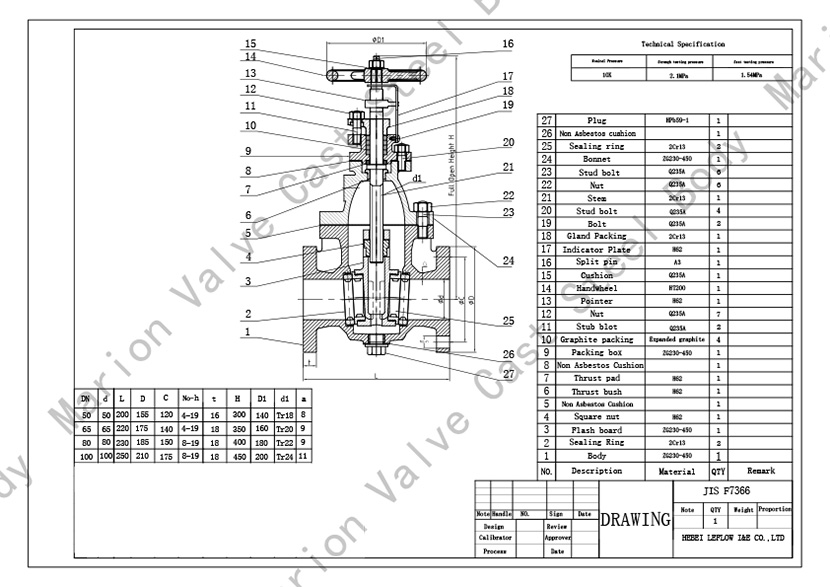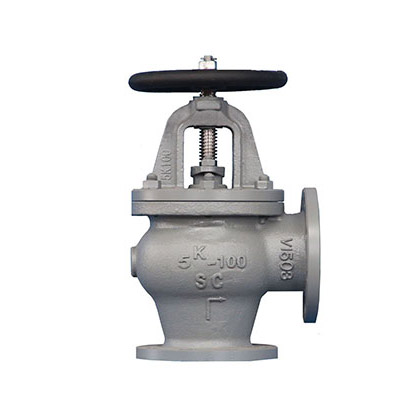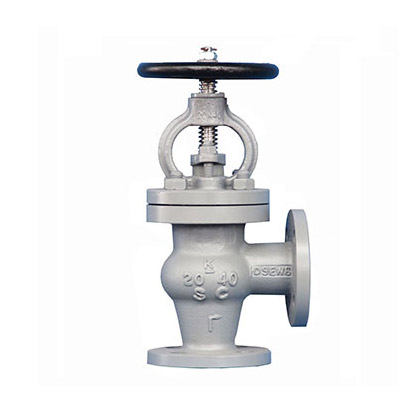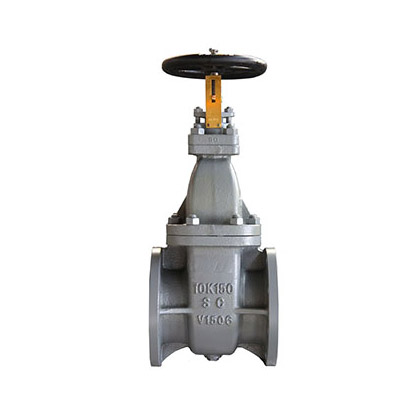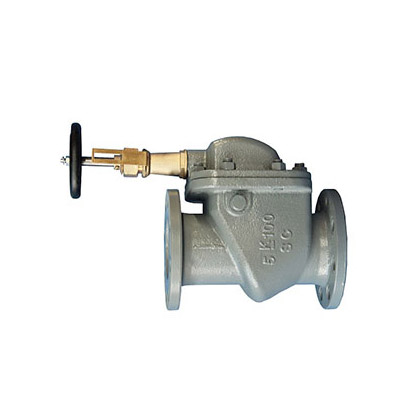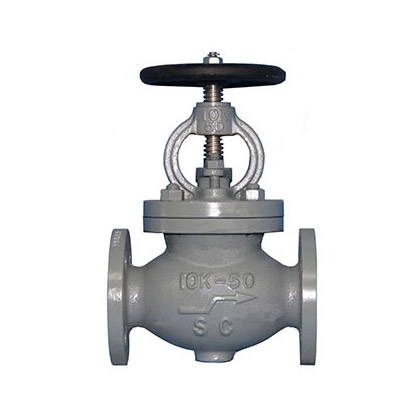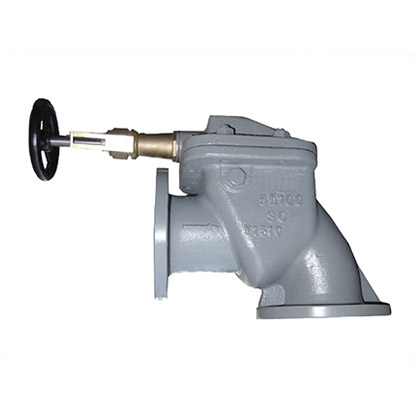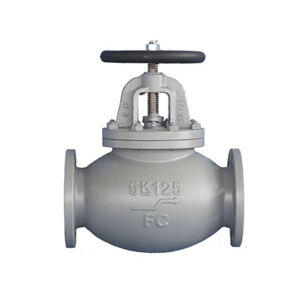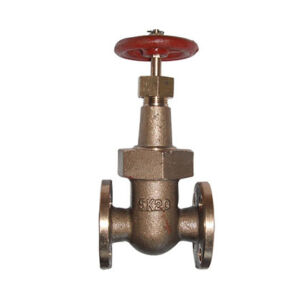Features
Marine valves are essential components in ships to control the water, oil, gas and other fluids. These valves regulate the movement of fluids through pipes, tanks, and other systems.
Due to the particularity of the ship environment, the working condition of the Marine valve is very bad. They must be able to withstand high pressure, corrosive seawater, extreme temperatures and vibrations. They play a vital role in maintaining the safe operation of a wide range of Marine applications, including propulsion systems, cooling systems, fuel systems and cargo handling systems. By ensuring the proper operation of various systems on the ship, these valves contribute to the safety and efficiency of navigation.
1.Corrosion Resistance: Marine valves are typically made from materials that can resist corrosion caused by seawater and other aggressive substances. Common materials used include bronze, stainless steel, and nickel-aluminum bronze.
2.Reliable Sealing: Effective sealing is essential to prevent leakage and ensure the proper functioning of marine valves. The valves are designed with sealing mechanisms, such as packing, gaskets, or metal seals, to provide reliable sealing even under high-pressure conditions.
3.Compact Design: Space is often limited on ships, so marine valves are designed to be compact and lightweight without compromising their performance. This ensures efficient installation and operation in tight spaces, such as engine rooms or control panels.
4.Easy Maintenance: Marine valves are designed for easy maintenance and repair. They are often equipped with features like inline serviceability, easy access to internal components, and replaceable seals to minimize downtime and facilitate maintenance operations.
